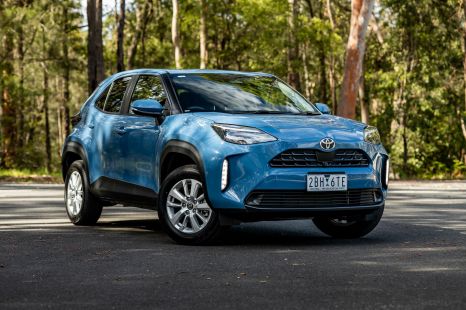

Matt Campbell
2025 Toyota Yaris Cross review
5 Days Ago
Proposed changes to the "poorly structured" Luxury Car Tax are unfair, argues the Australian Automotive Dealer Association.

News Editor
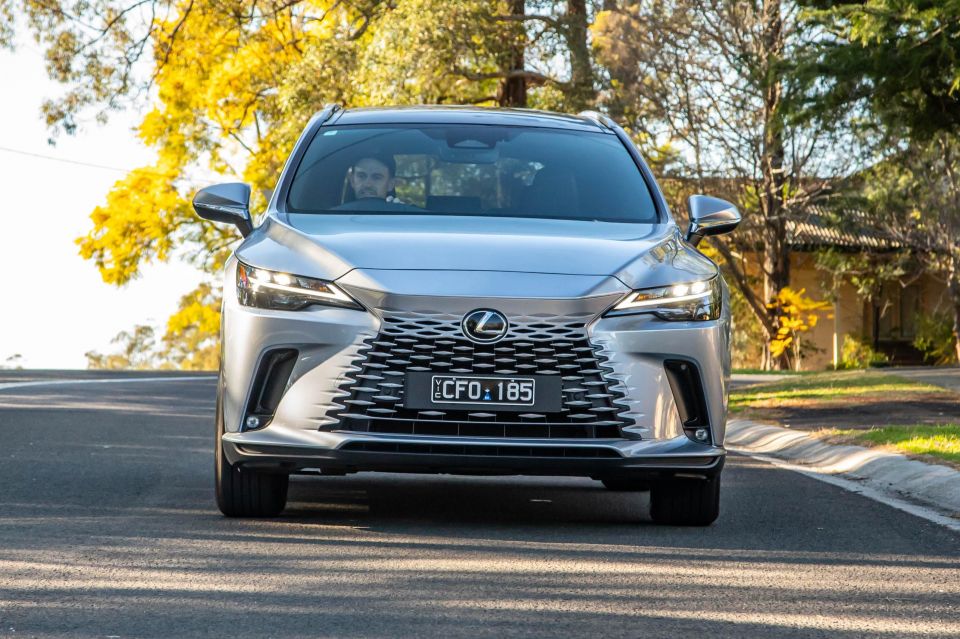

News Editor
The peak body for new car dealers in Australia is calling on the Australian Government to scrap the Luxury Car Tax (LCT) instead of simply changing how it applies to fuel-efficient vehicles.
The call comes amid the consultation period for the Treasury Laws Amendment (Fairer for Families and Farmers) Bill 2024: Luxury Car Tax, seeking feedback on the proposed legislation.
Under current LCT legislation, vehicles above the defined threshold attract a tax of 33 per cent on the amount above this price.
No change has been proposed to the rate of taxation, but rather the definition of what a fuel-efficient vehicle is under the scheme.
The Treasury has proposed updating of the definition of a fuel-efficient car from one with a maximum fuel consumption of 7.0L/100km to one with a rating of just 3.5L/100km, with the aim of spurring the take-up of fuel-efficient and electric vehicles (EVs).
100s of new car deals are available through CarExpert right now. Get the experts on your side and score a great deal. Browse now.
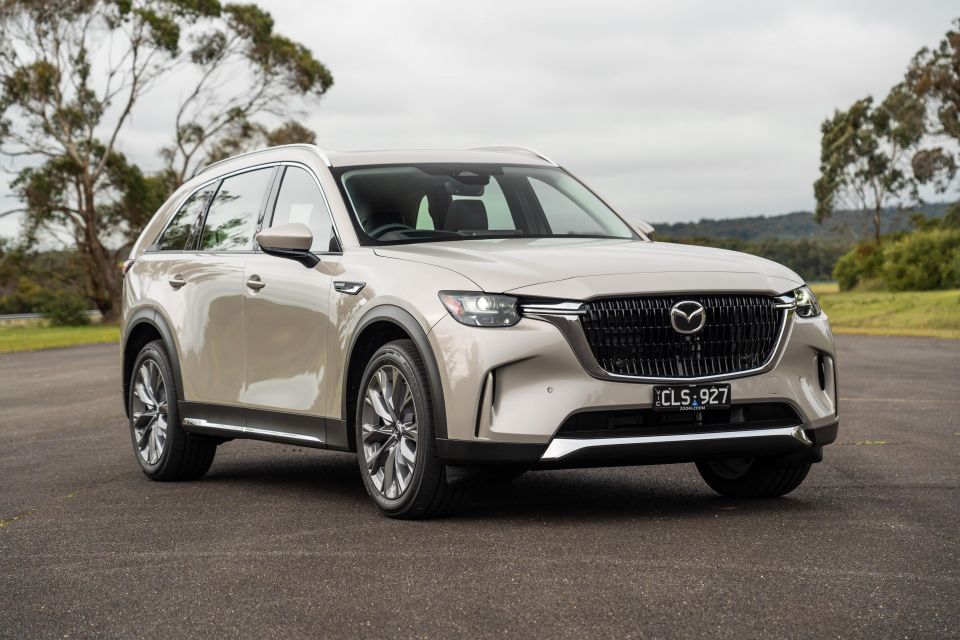
“Tightening the definition aims to ensure only electric vehicles or vehicles that are at least partially electrified, such as plug-in electric hybrids, will receive the concessional fuel-efficient threshold for LCT,” the Government says in its draft explanatory materials, noting the current definition has been in effect since 2008.
It’s proposing the change to come into effect for any vehicles imported on or after July 1, 2025.
It also says it “seeks to align these indexation rates [for the two different LCT thresholds] to ensure that the LCT thresholds will grow at the same pace, ensuring the concessional LCT treatment for fuel-efficient vehicles is maintained”.
But the Australian Automotive Dealer Association has called for the 1999-vintage Luxury Car Tax to be scrapped entirely… or for a nominal threshold of $100,000 to be introduced and for low-emissions vehicles to be exempted from the tax.
“We believe any changes being considered to the LCT should form part of a wider root and branch review of Australia’s automotive taxation regime,” AADA CEO James Voortman said in the body’s submission.
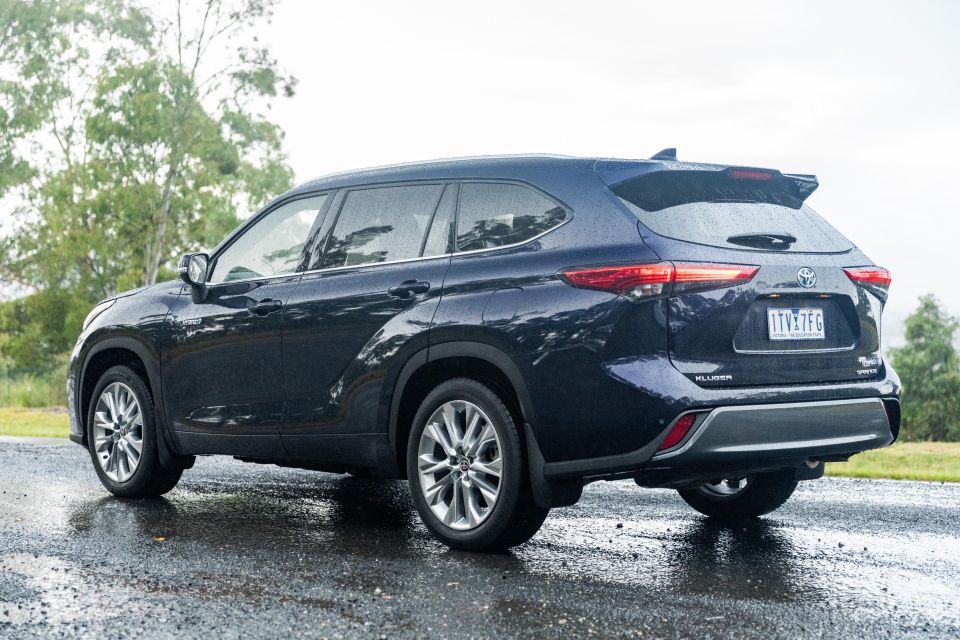
“The rate of change occurring in the sector means that the current system of automotive taxation is no longer fit for purpose.
“The AADA has long called for the abolition of the LCT which discourages the uptake of the world’s safest, cleanest and most efficient vehicles.
“Several independent reviews and inquiries have recommended its abolition and dealers, consumer groups, manufacturers and even Australia’s trading partners are united in their opposition to the LCT.”
The AADA says the new definition of a “fuel-efficient vehicle” will discourage the uptake of fuel-efficient vehicles, and is inconsistent with the Australian Government’s New Vehicle Efficiency Standard (NVES) that’s coming into effect in 2025.
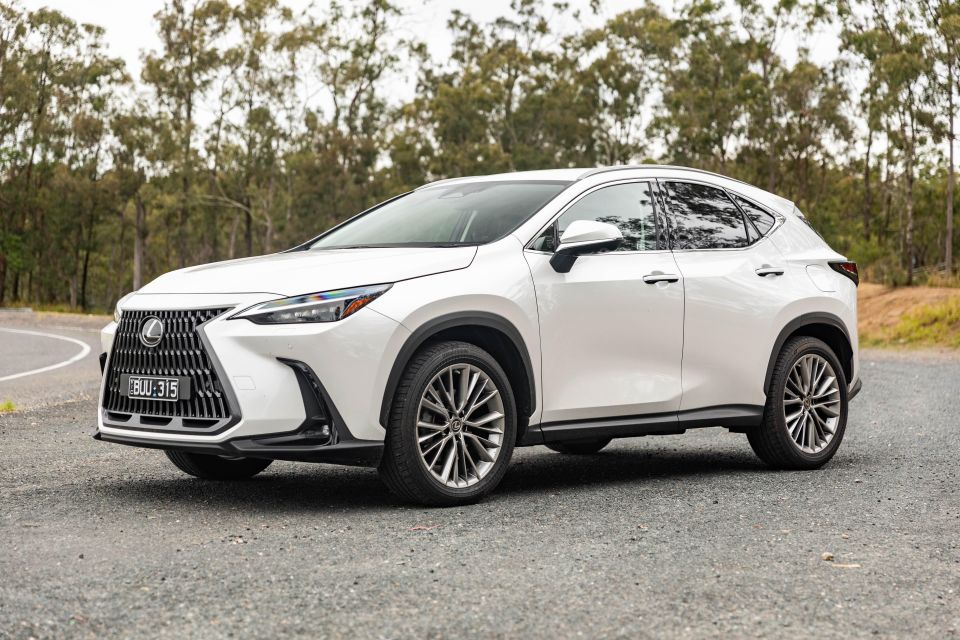
For the 2024-25 financial year, the LCT threshold for fuel-efficient vehicles is $91,387, while the threshold for all other vehicles is $80,567, which means the proposed changes may see various vehicles cop price hikes.
Currently, models between those two price points with fuel economy of more than 3.5L/100km but less than 7.0L/100km include hybrid-powered Lexus NX and RX and Toyota Kluger models, as well as diesel-powered Audi Q5 and Mazda CX-90 SUVs.
The AADA argues that by applying a higher threshold to hybrid models, buyers may instead move to petrol or diesel vehicles – an outcome diametrically opposed to what the Government is seeking.
“Specifically favouring or targeting specific vehicle technologies is completely inconsistent with the NVES which the Government has repeatedly stated is a technology neutral policy measure,” the AADA says in its submission.
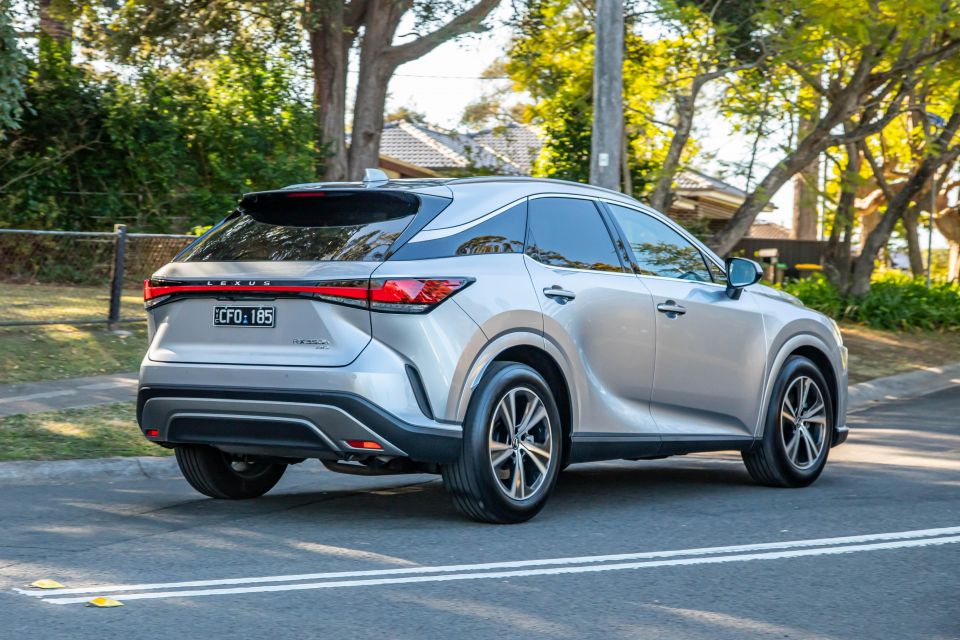
“The AADA believes hybrid technology will be absolutely crucial in helping manufacturers to meet their NVES compliance obligations alongside a suite of vehicle technologies.”
The peak body’s preferred outcome would be for the LCT to be scrapped entirely, but it has outlined changes it would be open to beyond the aforementioned higher target and exemption for low-emissions vehicles.
“AADA strongly believes that the LCT should be abolished,” it says in its submission.
“If the LCT is to be retained, it should at a minimum be reformed by raising the threshold to target truly luxury vehicles; exempting low emissions vehicles; and excluding accessories from the calculation of whether a vehicle hits the threshold for paying the LCT.”
It argues the LCT forces some four-wheel drive owners to source aftermarket safety or work-related accessories after they purchase their vehicle, potentially leading to the fitment of less safe, non-genuine parts.
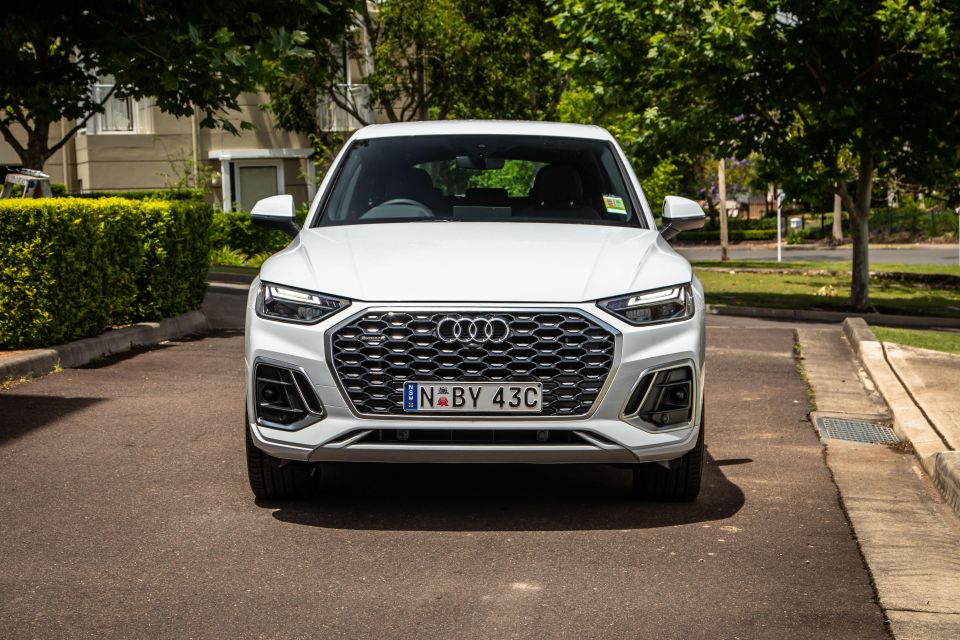
It’s calling for the alignment of indexation for the two LCT thresholds, noting the fuel-efficient vehicle threshold has increased by just over 21 per cent since 2008 while the other threshold has been increased by over 40 per cent.
The AADA argues the LCT is a “poorly structured tax” that’s a “hurdle to good relations with our trading partners”, and that it disproportionately affects European brands.
It also questions why it exists when luxury products such as yachts, private jets and jewellery attract no such charge.
“Federal taxes on new cars, such as the [five per cent import tariffs for vehicles coming from countries Australia doesn’t have a free-trade agreement with] and the LCT highlighted above disadvantage consumers seeking to buy new cars which deliver greater safety as well as environmental and fuel efficiency benefits,” the AADA says.
“These legacy taxes were introduced in an era when Australia still manufactured passenger cars and maintaining them only disadvantages consumers and local businesses.”
William Stopford is an automotive journalist based in Brisbane, Australia. William is a Business/Journalism graduate from the Queensland University of Technology who loves to travel, briefly lived in the US, and has a particular interest in the American car industry.


Matt Campbell
5 Days Ago
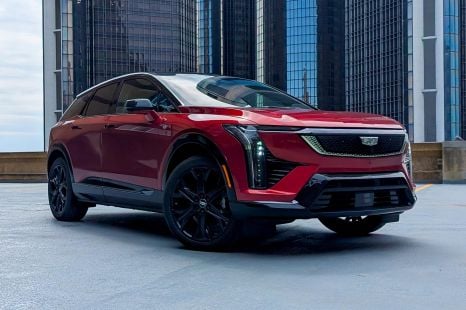

William Stopford
3 Days Ago
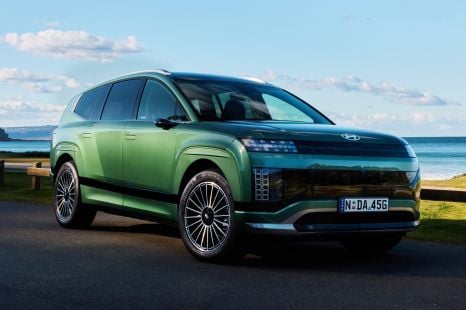

Josh Nevett
2 Days Ago
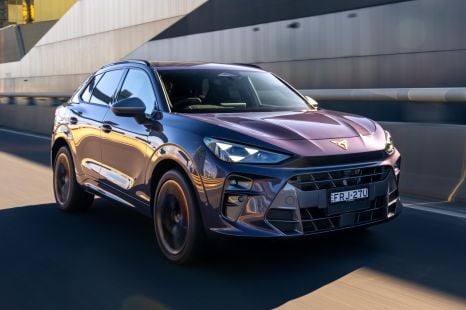

James Wong
2 Days Ago
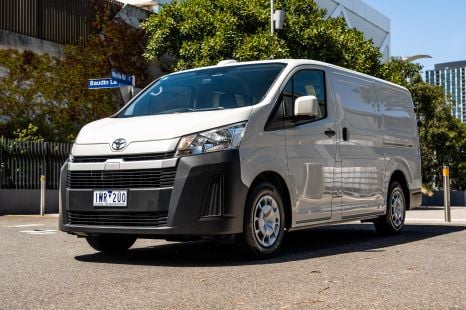

Max Davies
2 Days Ago
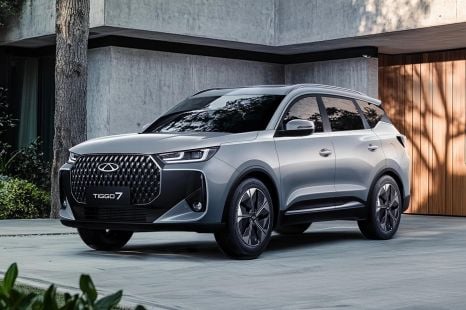

William Stopford
1 Day Ago